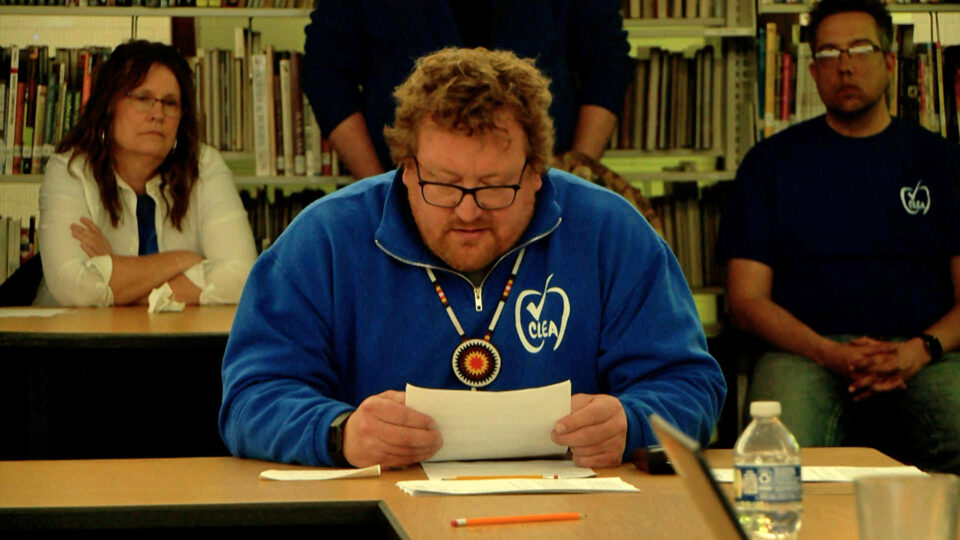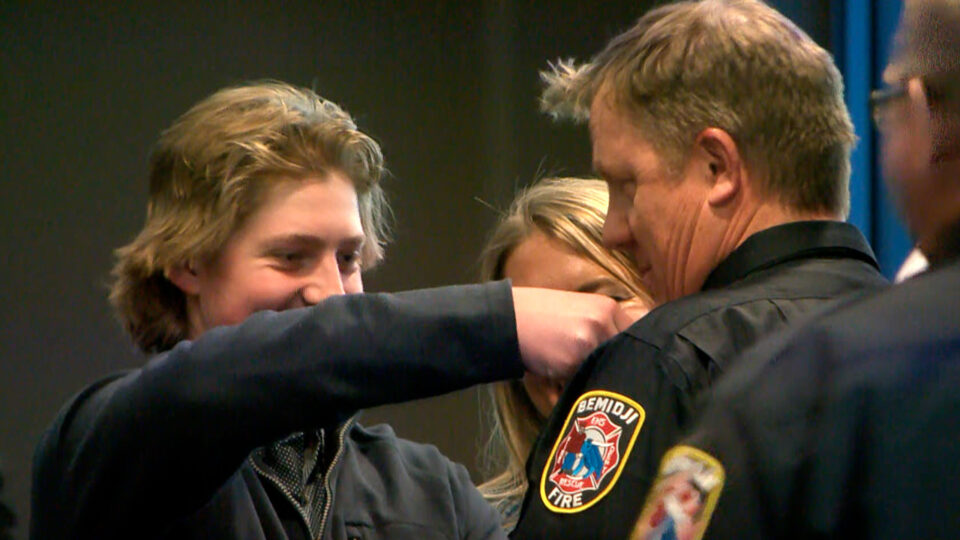May 9, 2023 | By: Mary Balstad
Bemidji State University Study Raises Concerns About Perch Population
With fishing opener coming up this weekend, anglers are preparing to see what they can catch. But Bemidji State University’s science department is concerned about what’s in the lake not only for this season, but in the ones to come.
BSU has an ongoing perch study for many lakes in the area, including right in their backyard in Lake Bemidji, to see how chemicals have affected local wildlife. For the past five years, BSU’s Environmental Studies Program has conducted different tests on perch around the area.
“We’re concerned about the functioning of the ecosystem, so if you’re not able to produce the next generation, it’s not going to be good for that species and it’s not going to be good for that ecosystem,” said associate professor of Environmental Studies Dr. Carl Isaacson.
The study revolves around the future impact of fish reproduction and vitellogenin, or an egg yolk protein that indicates estrogen-like compounds in a fish. After male fish were previously found to be producing more vitellogenin in bodies of water that are often found downstream of wastewater treatment facilities, Dr. Isaacson and now-graduated environmental toxicology student Kevin Krantz are working to figure out why this phenomenon is happening and what the future impacts could be to the perch population.
“There’s estrogenic compounds that we ingest, that pass through us and then we release them,” explained Krantz. “There’s agricultural chemicals … and there’s industrial chemicals like PCBs, so they come from a lot of different sources.”
“But when those compounds enter the surface waters and the male fish are exposed, that’s not good for the functioning of that population,” added Dr. Isaacson.
Scientists think this could have impacted the fish population.
“Those chemicals will be hurting its ability to reproduce, basically. That’s really what we’re worried about,” said Krantz. “It won’t be able to pass on its genes, it won’t be able to reproduce, so that’s not good for the species or for the community.”
Even though the program expected to learn about the effects of chemicals like plastics have on the fish, they also found out about the effects on other species like humans.
“So there is pretty strong evidence that these compounds are ending up in human blood, so we’re studying fish because we’re here on Lake Bemidji but there’s other species that are impacted as well,” said Dr. Isaacson.
Dr. Isaacson also said that a way for the public to be involved in reducing these chemicals would be to buy less plastics and make less garbage.







